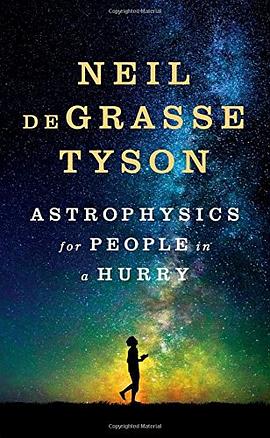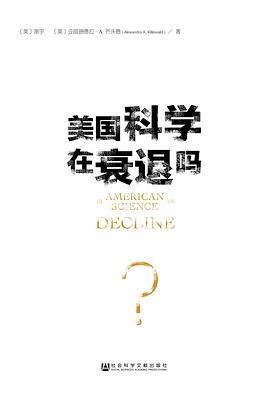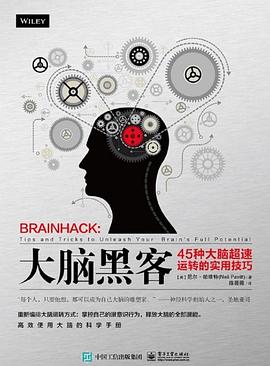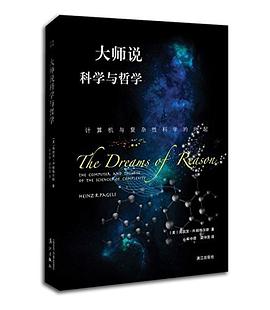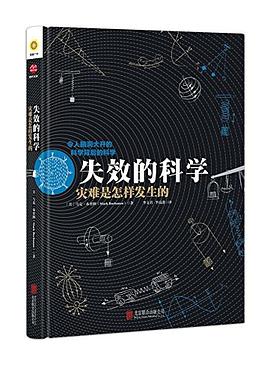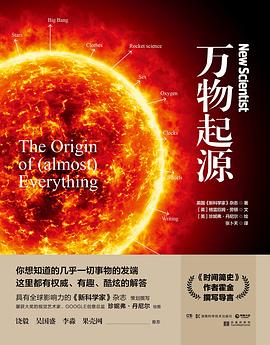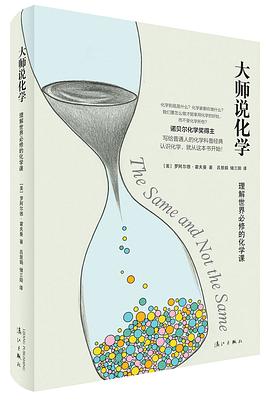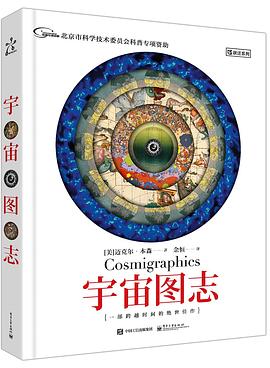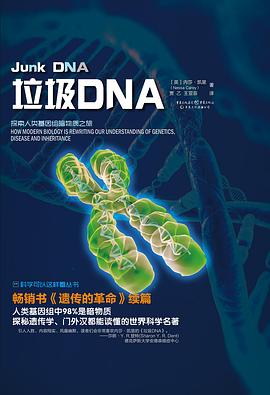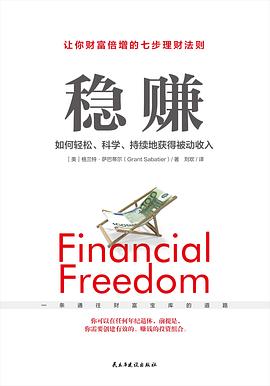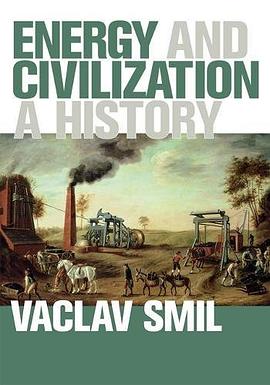

具體描述
Vaclav Smil is Distinguished Professor Emeritus at the University of Manitoba. He is the author of forty books, including Power Density: A Key to Understanding Energy Sources and Uses and Made in the USA: The Rise and Retreat of American Manufacturing, both published by the MIT Press. In 2010 he was named by Foreign Policy as one of the Top 100 Global Thinkers. In 2013 Bill Gates wrote on his website that "there is no author whose books I look forward to more than Vaclav Smil."
A comprehensive account of how energy has shaped society throughout history, from pre-agricultural foraging societies through today's fossil fuel–driven civilization.
"I wait for new Smil books the way some people wait for the next 'Star Wars' movie. In his latest book, Energy and Civilization: A History, he goes deep and broad to explain how innovations in humans' ability to turn energy into heat, light, and motion have been a driving force behind our cultural and economic progress over the past 10,000 years.
―Bill Gates, Gates Notes, Best Books of the Year
Energy is the only universal currency; it is necessary for getting anything done. The conversion of energy on Earth ranges from terra-forming forces of plate tectonics to cumulative erosive effects of raindrops. Life on Earth depends on the photosynthetic conversion of solar energy into plant biomass. Humans have come to rely on many more energy flows―ranging from fossil fuels to photovoltaic generation of electricity―for their civilized existence. In this monumental history, Vaclav Smil provides a comprehensive account of how energy has shaped society, from pre-agricultural foraging societies through today's fossil fuel–driven civilization.
Humans are the only species that can systematically harness energies outside their bodies, using the power of their intellect and an enormous variety of artifacts―from the simplest tools to internal combustion engines and nuclear reactors. The epochal transition to fossil fuels affected everything: agriculture, industry, transportation, weapons, communication, economics, urbanization, quality of life, politics, and the environment. Smil describes humanity's energy eras in panoramic and interdisciplinary fashion, offering readers a magisterial overview. This book is an extensively updated and expanded version of Smil's Energy in World History (1994). Smil has incorporated an enormous amount of new material, reflecting the dramatic developments in energy studies over the last two decades and his own research over that time.
用戶評價
##這是一部資料詳實的能量文明進化史,從原始社會的采集開始,曆經農業、工業等一係列的技術革命,人類文明對於能量的掌控終於來到瞭一個關鍵節點。在這裏,睏擾著人類的不再是早期社會的能量匱乏問題,而是圍繞著能量的巨大浪費以及閤理分配進行討論。坐擁豐厚資源的人類,幾乎...
評分 評分 評分能量既不會憑空産生,也不會憑空消失,它隻會從一種形式轉化為另一種形式,或者從一個物體轉移到其它物體,而能量的總量保持不變。 ——熱力學第一定律:能量守恒定律 迄今為止,人類文明經曆瞭四個階段:漁獵文明(原始文明)、農業文明、工業文明,以及如今的生態文明或信息...
評分##能量對人類曆史進程的影響
相關圖書
本站所有內容均為互聯網搜尋引擎提供的公開搜索信息,本站不存儲任何數據與內容,任何內容與數據均與本站無關,如有需要請聯繫相關搜索引擎包括但不限於百度,google,bing,sogou 等
© 2025 book.cndgn.com All Rights Reserved. 新城书站 版權所有

